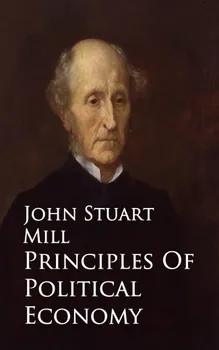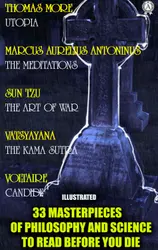An experience of five years with Mr. Mill's treatise in the class-room not only convinced me of the great usefulness of what still remains one of the most lucid and systematic books yet published which cover the whole range of the study, but I have also been convinced of the need of such additions as should give the results of later thinking, without militating against the general tenor of Mr. Mill's system; of such illustrations as should fit it better for American students, by turning their attention to the application of principles in the facts around us; of a bibliography which should make it easier to get at the writers of other schools who offer opposing views on controverted questions; and of some attempts to lighten those parts of his work in which Mr. Mill frightened away the reader by an appearance of too great abstractness, and to render them, if possible, more easy of comprehension to the student who first approaches Political Economy through this author. Believing, also, that the omission of much that should properly be classed under the head of Sociology, or Social Philosophy, would narrow the field to Political Economy alone, and aid, perhaps, in [pg iv] clearer ideas, I was led to reduce the two volumes into one, with, of course, the additional hope that the smaller book would tempt some readers who might hesitate to attack his larger work. In consonance with the above plan, I have abridged Mr. Mill's treatise, yet have always retained his own words; although it should be said that they are not always his consecutive words. Everything in the larger type on the page is taken literally from Mr. Mill, and, whenever it has been necessary to use a word to complete the sense, it has been always inserted in square brackets. All additional matter introduced by me has been printed in a smaller but distinctive type. The reader can see at a glance which part of the page is Mr. Mill's and which my own...
J. Laurence Laughlin.




